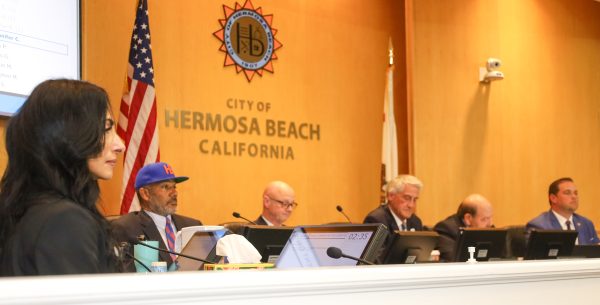It was ten years ago this week that I attended my last meeting as a Redondo Beach City Councilman and filed my first “On Local Government” column for this newspaper. The idea was that, given the paucity of turnout for local elections, usually just barely in the double digits, perhaps people didn’t know how essential local government was to their everyday lives.
Over these years, a lot has happened and a lot has not. Elected officials have come and gone, with varying degrees of quality in the footprints they have left. City staffs have undergone similar changes, with similar results.
But, what local governments do hasn’t changed, nor has the thin financial thread that provides the engine for those essential day-to-day services. “Baling wire and spit” still defines how some local governments get by, especially for those services that aren’t high profile, such as public safety.
Over the 10 years, we have survived externally-generated traumatic events and internally-created petty ones. Sadly, despite them, a few things have not disappeared, including hewing closely to the first rule of government, namely that “You don’t get a crosswalk until a kid gets hit.”
Government is a reactive construct. Partially, this is the nature of any bureaucracy, whether in the public or private sector. But, it is primarily due to elected officials and senior staff who feel that they “cannot get fired for being behind a wave.”
In this past decade, I have been to nearly every State speaking with local government officials and staffs. This syndrome is not unique to us here in the South Bay. However, that doesn’t minimize the fact that people in a position of influence should use that ability to shape the future, not react to the past.
Armies are always blamed for “fighting the last war.” Governments solve the last problem rather than preventing the next. Or, putting it more positively, rather than making it possible for the next not only to not happen, but to do something that will have a long term effect.
A colleague of mine was in Washington this month meeting with Senators and Congresspeople about funding issues. “Not this year,” he was told. “As long as I can’t earmark money for my District, why should I bother fighting for funding?”
This is not an overstatement. It is a direct quote.
The cynic in me is resigned to this state of existence as intractable. The optimist in me hopes that someone will try something positive, succeed wildly and become a role model for his or her colleagues. It depends on the day which one wins out.
Nevertheless, it is recovering politicians, like me, who have the experience to try to get you, the people who are allegedly those these officials are sworn to represent, to become aware, informed and involved. I hope this space has helped, and will continue to help, to do that. ER










